A Glaswegian nurse who contracted Ebola in Sierra Leone has again been flown to an isolation unit in London following a “problem”.
Ms Cafferkey was diagnosed with Ebola in December 2014 after returning to Glasgow from Sierra Leone, via London.
NHS Greater Glasgow & Clyde said she had been admitted to the Queen Elizabeth University Hospital in Glasgow for “routine monitoring”. She has now been transferred from Glasgow to the Royal Free Hospital in London by an RAF C-130 Hercules aircraft after complications were discovered. This is the third time the RAF have played a pivotal role in this case.
The Queen Elizabeth University Hospital is a 1,677 bed acute hospital with a full range of healthcare specialities containing facilities for both adults and children, it is one of the largest and most advanced healthcare facilities in Europe.
Dr Emilia Crighton, NHSGGC director of public health, said:
“Pauline’s condition is a complication of a previous infection with the Ebola virus. The risk to the public is very low. In line with normal procedures in cases such as this, we have identified a small number of close contacts of Pauline’s that we will be following up as a precaution.”
A spokesperson for NHSGGC said:
“Under routine monitoring by the Infectious Diseases Unit, Pauline Cafferkey has been admitted to hospital for further investigations.”
In November, the Royal Free said Ms Cafferkey, from Cambuslang in Glasgow, had made a full recovery from Ebola and was no longer infectious.
A spokesman for the Royal Free Hospital said:
“We can confirm that Pauline Cafferkey is being transferred to the Royal Free Hospital due to a late complication from her previous infection by the Ebola virus.
She will now be treated by the hospital’s infectious diseases team under nationally-agreed guidelines.
The Ebola virus can only be transmitted by direct contact with the blood or bodily fluids of an infected person while they are symptomatic, so the risk to the general public remains low and the NHS has well-established and practised infection control procedures in place.”
The C-130 Hercules is a four engine military transport aircraft and has found uses in a variety of roles, including search and rescue, scientific research support, weather reconnaissance, aerial refueling and in this case, medical transport. It is now the main tactical airlifter for many military forces worldwide. Over 2,500 have been produced, the aircraft will soon be replaced in RAF service with the A400M Atlas airlifter.


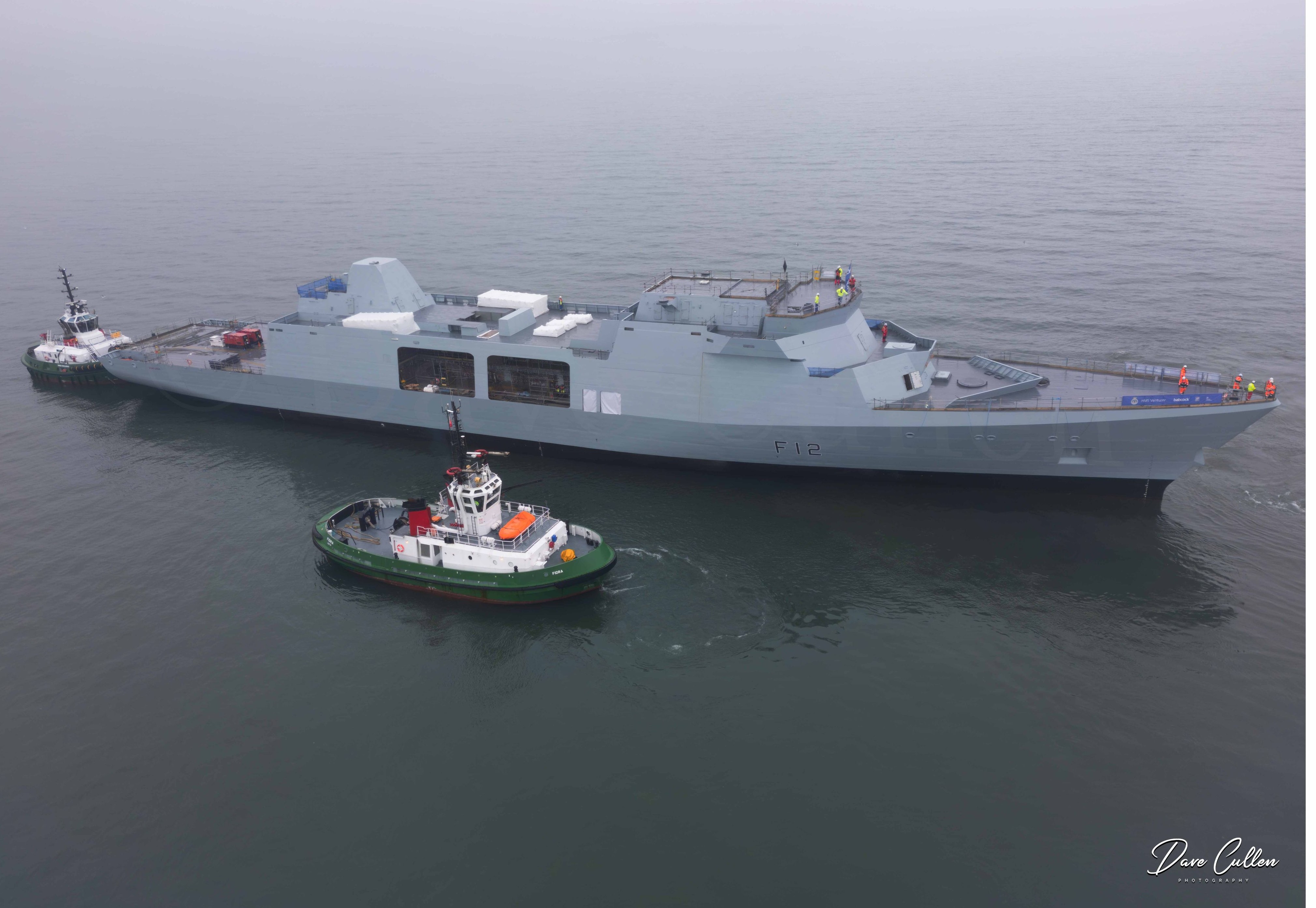
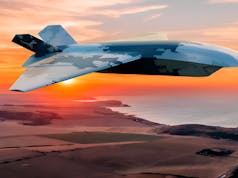

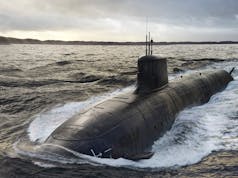
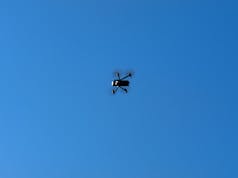
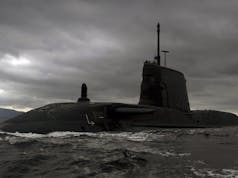


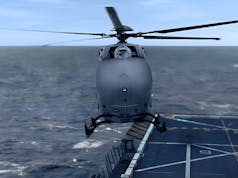

What would they have done if they had voted for independence???